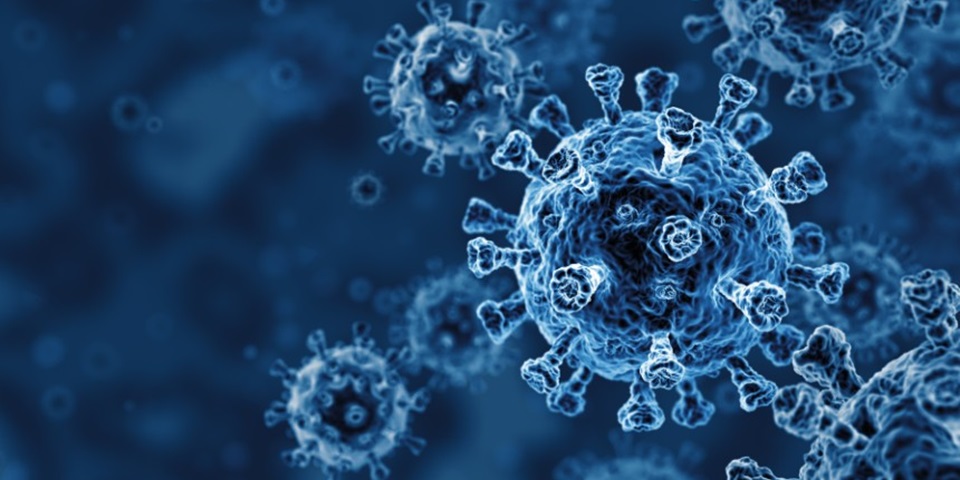News
ANPC and Bruker launch new phenomics tool to assess functional recovery from COVID-19

Murdoch University’s Australian National Phenome Centre (ANPC), in partnership with Bruker Corporation has launched a new NMR-based tool for phenomics research into addressing and understanding long-term COVID-19 symptoms.
Developed using a combination of metabolic markers discovered by ANPC Director Professor Jeremy Nicholson and his team, this tool provides researchers with the ability to monitor early-stage risk factors as well as recovery after being infected with COVID-19.
Professor Nicholson and his team have published their findings internationally using metabolic phenotyping to study COVID-19 infections, and more recently, in Long-COVID or Post-acute COVID-19 syndrome.
These findings have laid the foundation for the new PhenoRisk PACS test which uses NMR to distinguish individuals with Long-COVID from those who are healthy or have fully recovered from the disease.
“This tool will allow researchers to explore the molecular and biochemical basis of this complex disease and enable us to determine both the long term and persistent impacts of COVID-19," Professor Nicholson said.
“Specifically, this test will use a new NMR Supramolecular Composite (SPC) Marker in combination with composite signals of glycoproteins and phospholipids to provide researchers with specific information about the risks of secondary organ damage including those associated with cardiovascular diseases, type II diabetes, kidney dysfunction and hyper-inflammation.
"This development is an excellent example of fundamental discovery at the ANPC coupled to an active clinical translation process through our industry partners.
The rapid 20-min blood test is a multi-level and multi-parameter healthcare assessment tool for Long-COVID that is now available for research use.
It is automated and standardised across the Bruker Avance IVDr Nuclear Magnetic Resonance system allowing researchers to measure the health profiles of those affected.
ANPC researchers are using this technique to simultaneously assess multiple biological mechanisms of action with the aim to provide actionable information for suitable intervention that can help Long-COVID patients accelerate their recovery.
For more information please see here
For research news delivered to your inbox, sign up to our monthly newsletter.News
ANPC and Bruker launch new phenomics tool to assess functional recovery from COVID-19
Posted on
Topics